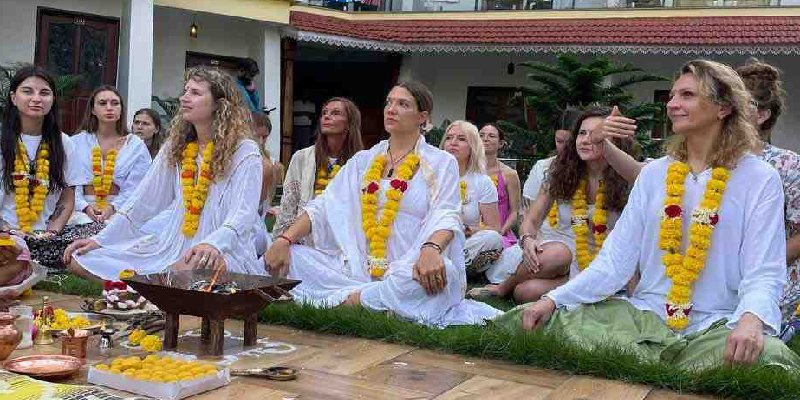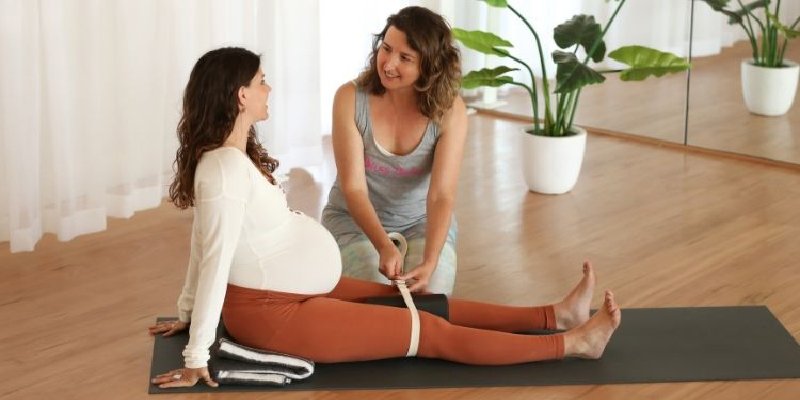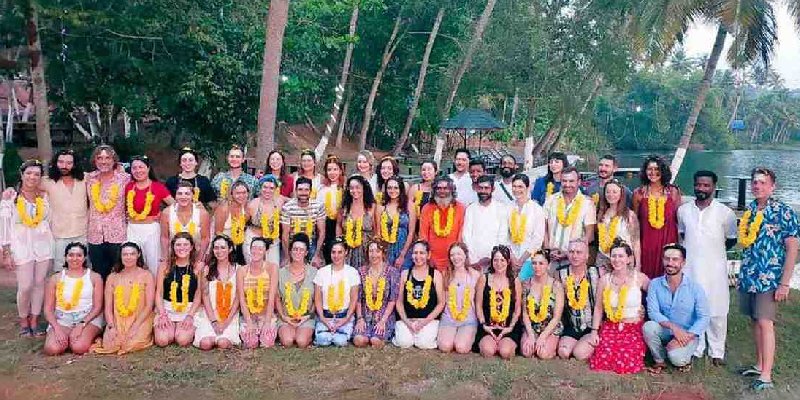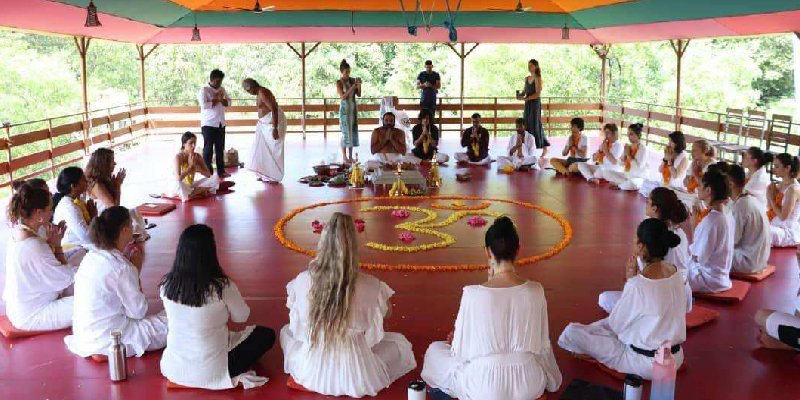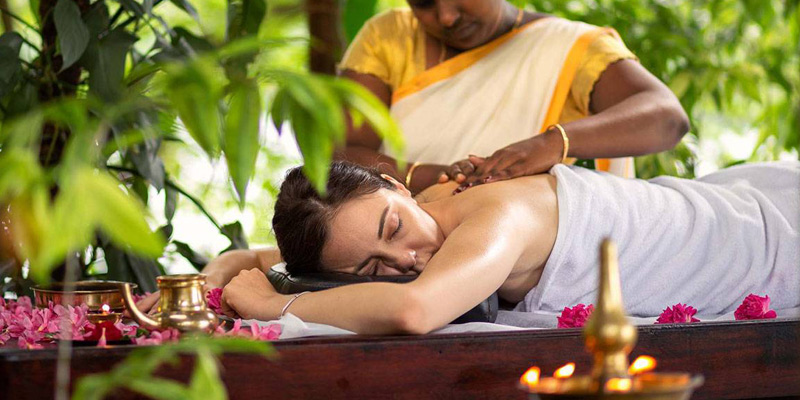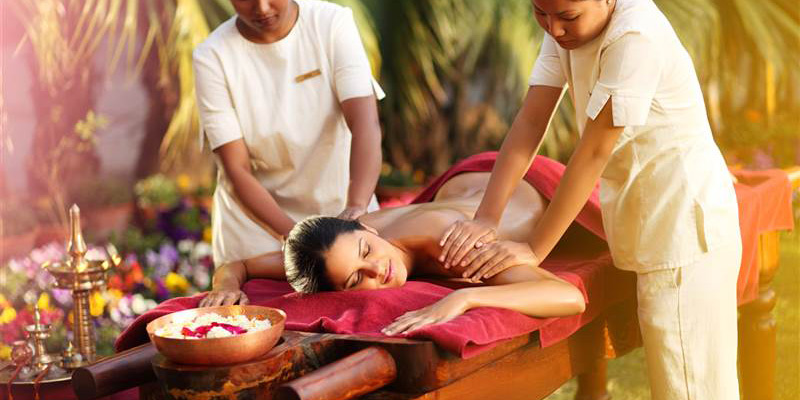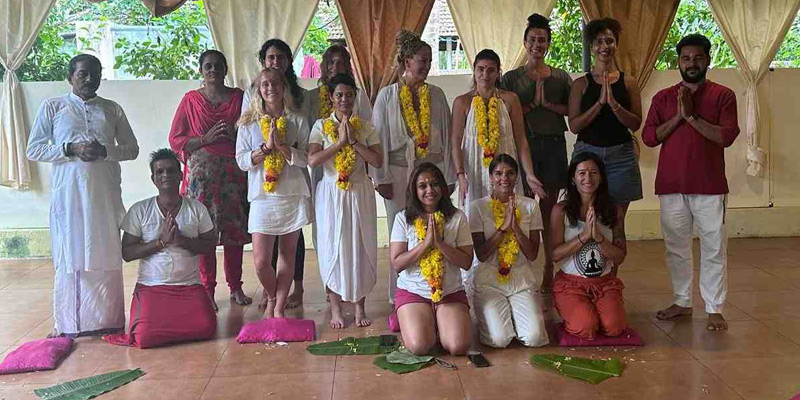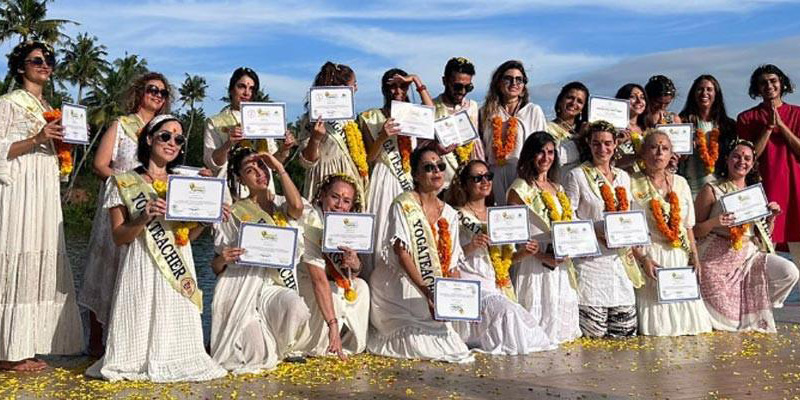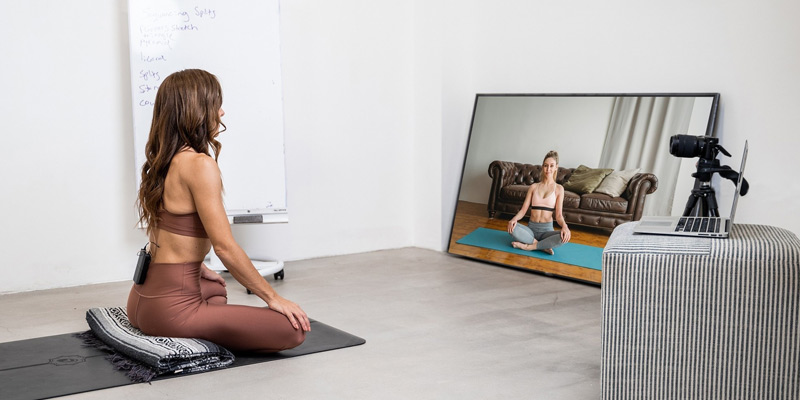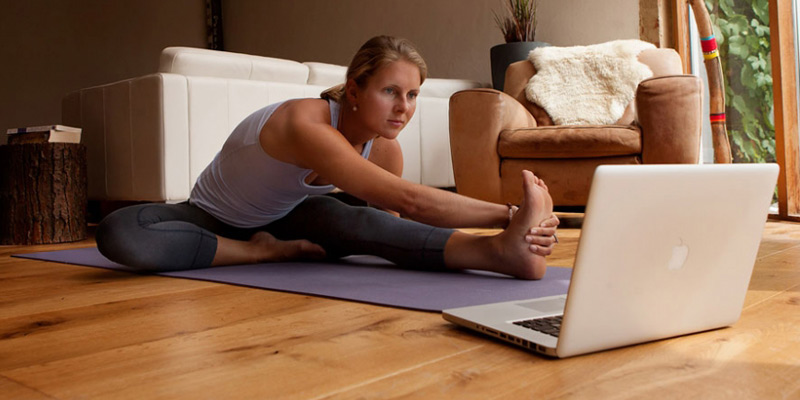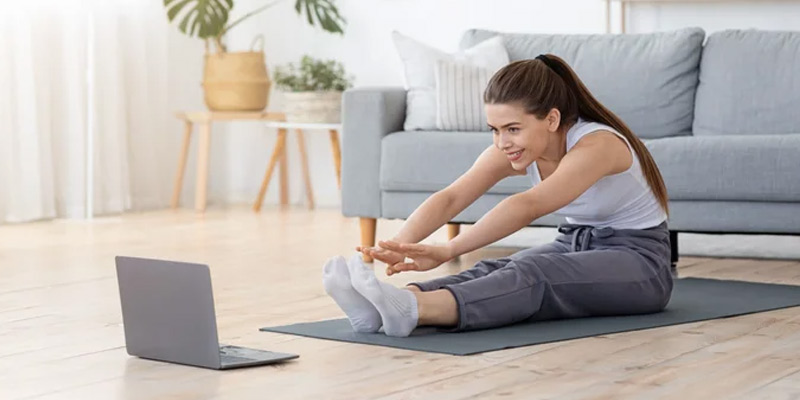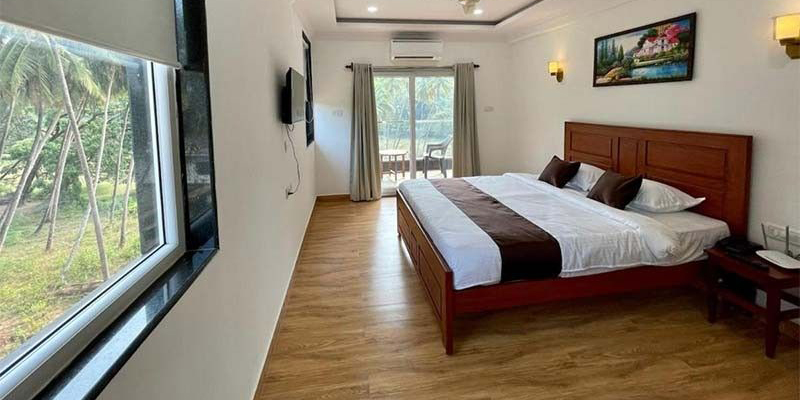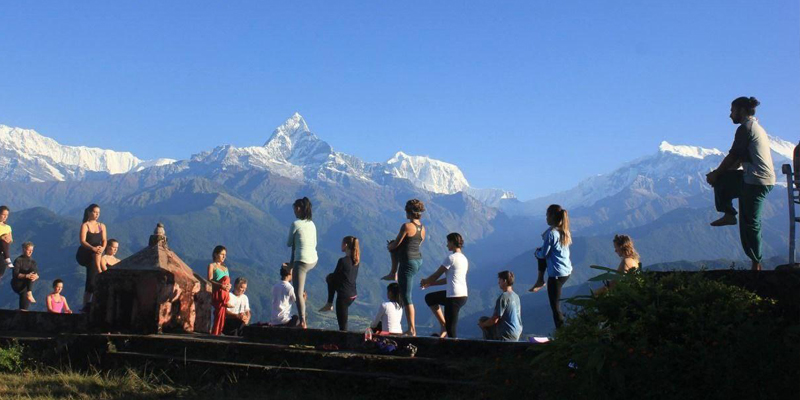Key Components of the 200-Hour Yoga Teacher Training Course
While every yoga school in Goa may have slight variations in their curriculum, the 200-Hour TTC typically includes the following core components:
1. Asana Practice (Physical Postures)
At the heart of yoga is the practice of asanas, or physical postures, which help to increase flexibility, strength, and balance. The 200-Hour TTC offers an in-depth study of foundational asanas such as Downward Dog, Warrior Pose, Tree Pose, and Child’s Pose, among others.
Students will learn not only how to perform the postures but also the correct alignment, variations, and modifications that ensure the practice is safe and accessible for everyone. The focus on alignment and adjustments will help you develop the skills necessary to guide others in their practice.
In addition to learning and practicing asanas, you will also develop a deeper understanding of the therapeutic benefits of each posture, which can be used to help students with specific needs or physical conditions.
2. Pranayama (Breath Control)
Pranayama is a powerful aspect of yoga that focuses on regulating the breath to improve energy flow, enhance mental clarity, and promote relaxation. The 200-Hour TTC in Goa will teach you various pranayama techniques, including Ujjayi breath, Bhastrika (bellows breath), and Nadi Shodhana (alternate nostril breathing).
Pranayama is not only beneficial for personal practice but also forms an important part of your teaching toolkit. You will learn how to guide students through these breathing exercises, helping them achieve a calmer, more focused state during their practice.
3. Yoga Philosophy and Ethics
Yoga is far more than a physical practice; it is a lifestyle rooted in ancient philosophy and spiritual principles. During the 200-Hour TTC, you will be introduced to the profound teachings of the Yoga Sutras of Patanjali, one of the most important texts in the yoga tradition.
Key topics covered include the Eight Limbs of Yoga (Yama, Niyama, Asana, Pranayama, Pratyahara, Dharana, Dhyana, Samadhi) and the ethical and moral guidelines that every yoga teacher should follow. You will also explore the concept of Ahimsa (non-violence) and how it can be applied to your teaching practice and everyday life.
In addition, you will learn about the yogic approach to life, which includes mindfulness, compassion, self-awareness, and the integration of yoga philosophy into your everyday routine.
4. Anatomy and Physiology
Understanding the body is critical for safe and effective yoga practice. The 200-Hour TTC in Goa includes a basic anatomy and physiology module that covers the structure and function of the human body, particularly in relation to yoga postures. You will study the musculoskeletal system, common injuries, and how to avoid them during yoga practice.
Anatomy lessons will help you understand the mechanics of each pose, how the muscles, joints, and bones interact, and how to teach safely. This knowledge is essential for providing modifications, adjustments, and guidance to students with varying levels of experience or physical conditions.
5. Teaching Methodology
One of the most important aspects of a yoga teacher training course is learning how to teach others effectively. The 200-Hour TTC will guide you through the process of planning and delivering yoga classes, including how to create a well-balanced sequence, use clear and concise cues, and offer appropriate modifications for different levels of students.
You will also learn how to build confidence and develop your teaching style. The course typically includes plenty of practice teaching, allowing you to teach small groups of fellow students and receive feedback from experienced teachers.
6. Meditation
Meditation is a crucial component of yoga that helps to calm the mind, reduce stress, and promote mental clarity. In the 200-Hour TTC, you will be introduced to different types of meditation practices such as mindfulness meditation, guided meditation, and concentration techniques.
You will also learn how to incorporate meditation into your yoga classes, helping your students achieve a state of mindfulness and awareness that extends beyond the physical practice.
7. Yoga Teaching Practicum
A key element of the 200-Hour TTC is the opportunity to gain hands-on teaching experience. This includes leading your fellow trainees through practice classes, receiving feedback from instructors, and learning how to teach with confidence.
By practicing in a supportive environment, you will build the necessary skills to lead classes independently and create a safe, effective, and inclusive teaching style.
Why Choose Goa for Your Yoga Teacher Training Course?
1. Ideal Location for Yoga Practice
Goa is known for its peaceful environment, stunning beaches, and rich cultural heritage, which create the perfect backdrop for yoga practice. The relaxed atmosphere allows you to fully immerse yourself in the teachings and experience a deeper connection to your yoga practice.
2. Experienced and Knowledgeable Teachers
Goa is home to a variety of yoga schools offering teacher training courses, and many of them are led by experienced teachers who have trained in India or abroad. These teachers bring a wealth of knowledge and personal experience to their courses, ensuring that you receive high-quality instruction.
3. Cultural and Spiritual Immersion
Goa offers an ideal space for spiritual growth and cultural immersion. You can explore traditional Indian culture, enjoy the vibrant local food scene, and interact with other like-minded individuals from around the world.
4. Affordable Training Packages
Compared to other yoga destinations, Goa offers relatively affordable teacher training programs. The cost of living is lower than in many other parts of India, which allows you to focus on your training without financial stress.
5. Holistic Wellness
In addition to yoga training, many schools in Goa also offer holistic wellness treatments such as Ayurvedic massages, detox programs, and organic cuisine. You can combine your yoga practice with these offerings for a truly transformative experience.
Conclusion
The 200-Hour Yoga Teacher Training Course in Goa is an excellent opportunity for those looking to deepen their yoga practice and become certified yoga teachers. With a well-rounded curriculum covering asanas, pranayama, philosophy, anatomy, teaching methods, and more, this course offers a comprehensive introduction to yoga.
Goa’s serene environment, experienced teachers, and cultural richness make it the perfect place for yoga training. Whether you are seeking to teach yoga professionally or simply enhance your personal practice, this course will provide you with the tools and knowledge to take your yoga journey to new heights.
